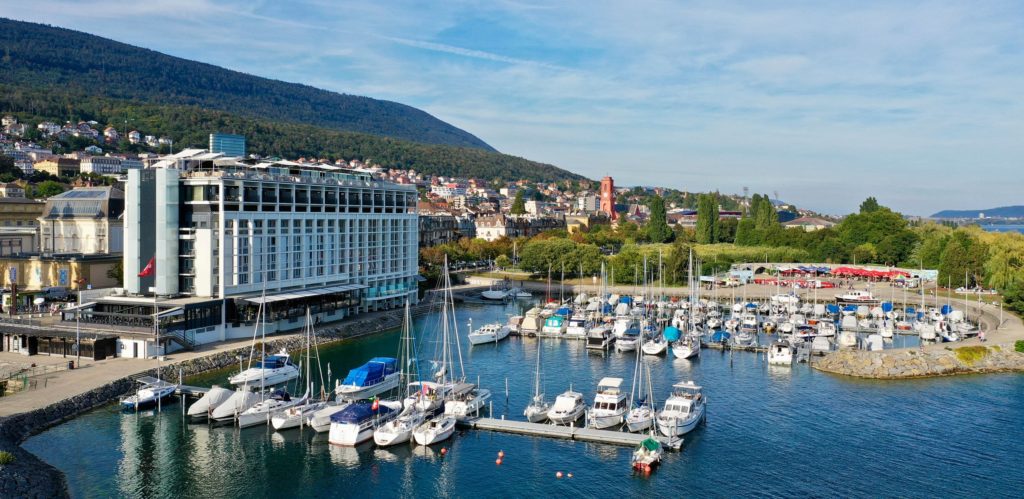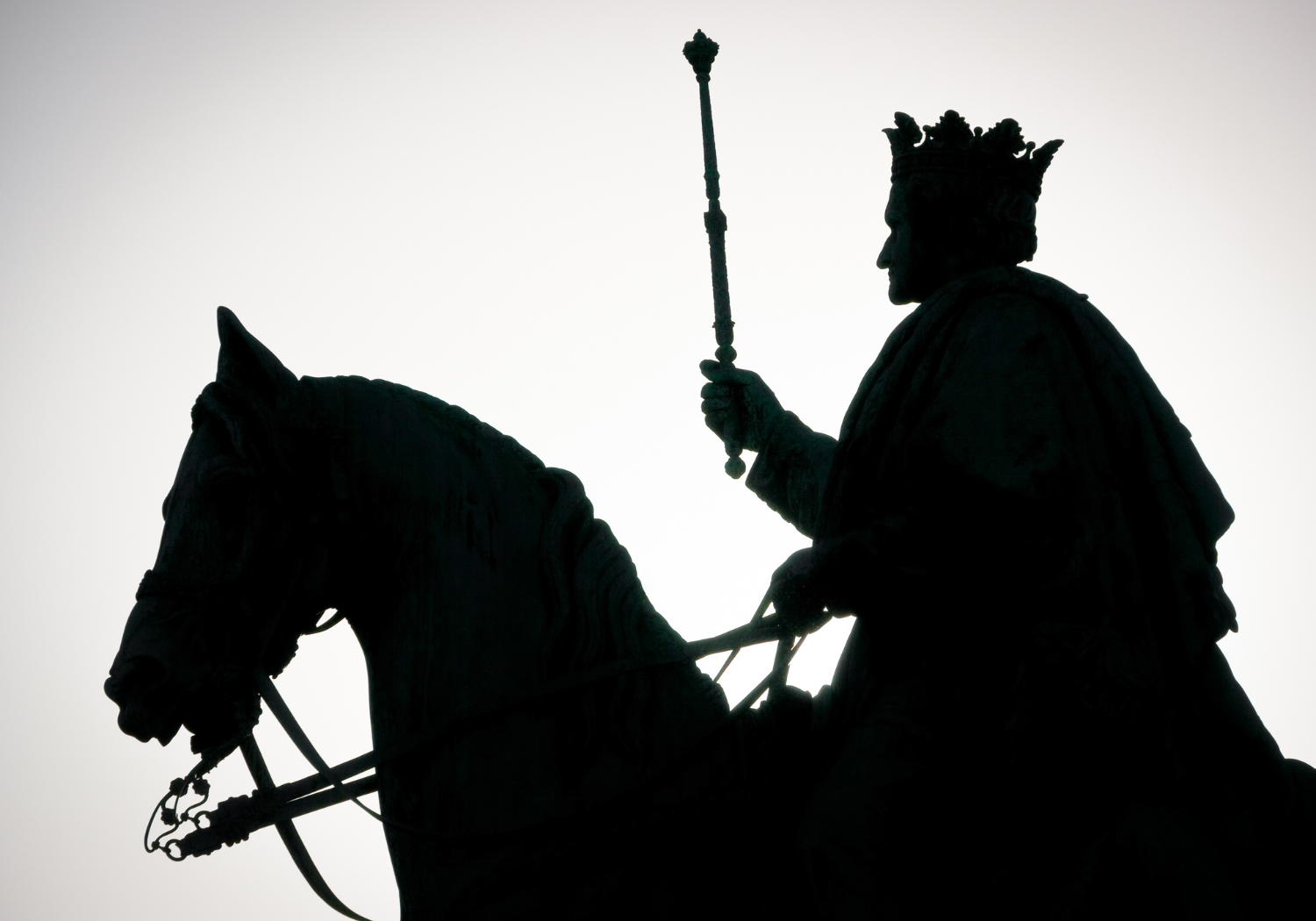You probably want to learn more about the history of Neuchâtel, and you’re in luck! The Hôtel Beaulac Neuchâtel offers you through this article, to explain a little more about the history of Neuchâtel and what characterizes our dear city and the canton of Neuchâtel today. So, we wish you all an enjoyable read!
Staying in Neuchâtel? Book a room at the Hôtel Beaulac Neuchâtel right here.
Switzerland never had a king ?
Switzerland never had a king! Or did it? Neuchâtel joined the Swiss Confederation in September 1814 as an independent canton but also remained under the rule of the King of Prussia. Thus, Neuchâtel was part of the young Switzerland, which was just establishing its current borders, and simultaneously a Prussian principality.
This dual role, confirmed at the Congress of Vienna in 1815, caused significant tensions in the mid-19th century around Lake Neuchâtel. Switzerland never had a full king, but perhaps it had a “quarter-king.”
The revolutionary uprising
When liberal revolutions erupted across Europe in 1848, opponents of the monarchy in Neuchâtel seized their chance and rose up. Led by Fritz Courvoisier and Ami Girard, around 1,000 armed insurgents took the castle in Neuchâtel and declared a republic. King Frederick William IV of Prussia was displeased but could do nothing at the time, preoccupied with revolutionary movements in his own realm.
Begrudgingly, he accepted the new situation but did not relinquish his claim to the principality in western Switzerland. In fact, in 1852, he had his claim to Neuchâtel reaffirmed at an international conference in London.
The royalist coup
Over the next few years, the ousted Neuchâtel royalists operated in secret. They held clandestine meetings, waiting for the right moment to restore what they saw as the rightful order. This moment came in September 1856. After the Prussian king signalled in August that he would welcome a coup, the royalists struck on 2 September. With several hundred men, they retook the castle in Neuchâtel.
However, the republicans were far from defeated. With the support of Swiss federal troops, they crushed the uprising the very next day, capturing around 500 royalists who now faced trial and the death penalty.
An international intervention
This situation became intolerable for Frederick William IV. The Prussian king demanded the immediate release of the prisoners. The Swiss Federal Council, now part of the conflict, refused, as did an offer of amnesty for the detained royalists unless Frederick William relinquished his claim to the principality in western Switzerland. An unacceptable offer for a king! Prussia broke off diplomatic relations with Switzerland and prepared for war.
Switzerland, anticipating an armed conflict, also mobilised troops. On 27 December 1856, the Swiss Federal Assembly elected Guillaume-Henri Dufour as General. Under Dufour’s command, around 30,000 soldiers were stationed along the Rhine to secure the border.
A peaceful resolution
The looming conflict came at a bad time for Europe, which had just concluded the Crimean War (1853-1856) involving France, the Kingdom of Sardinia, Britain, and the Ottoman Empire against Russia. Major powers France and Britain were determined to avoid a new conflict and intervened. Napoleon III eventually persuaded the Prussian king to abandon his campaign. The French emperor was aided by the critical stance of the southern German population, who largely opposed a Prussian campaign, complicating logistical support and troop movement. Many within the Prussian army also doubted the sense of attacking Neuchâtel, which they saw as distant and not truly part of Prussia. Frederick William finally called off the attack.
By mid-January 1857, the conflict was resolved, and the imprisoned coup plotters were released. After numerous rounds of negotiations, the King of Prussia renounced his rights to Neuchâtel in May of that year but retained the (worthless) title “Prince of Neuchâtel,” much to the amusement of the British press. The people of Neuchâtel didn’t mind: they were now fully Swiss.
So come and discover all that this region has to offer during a stay at the Hôtel Beaulac, where quality and comfort await you! Book directly here.






